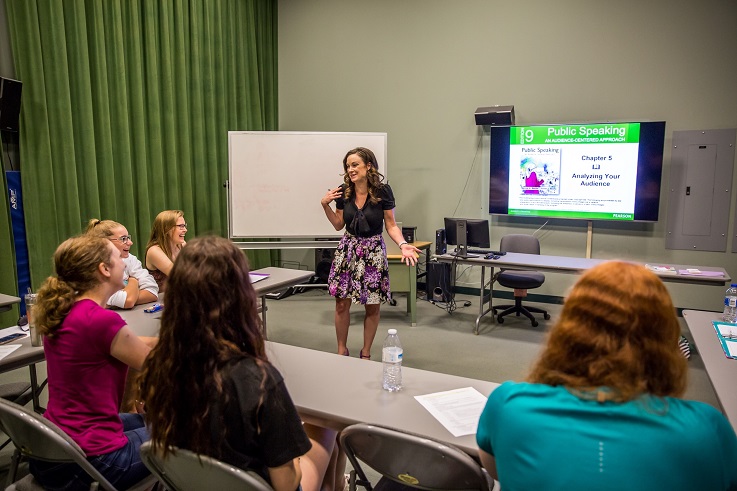How Education students and professionals can get involved in Activism
Education reform continues to be a hot topic on both the state and national levels. Issues such as college affordability, standardized testing, school safety, teacher compensation, among others, are all part of a larger debate on how to make the American school systems better for all. And it’s not just policy makers and activist organizations that are influencing the conversation. Increasingly, students, parents and teachers are playing an important role in this debate.
For example, earlier this year, high school students across the country participated in widely-televised marches and walkouts in response to the shooting in Parkland, Florida. Advocating for school safety, students used televised town hall meetings and social media to voice their frustration with gun violence in schools. Teachers also played an important role by standing in solidarity with their students and empowering them to act.
Similarly, teacher-led activism captured media attention this year when educators across the country staged mass walkouts in protest of low funding for schools. In West Virginia, a nine-day walkout by more than 35,000 school employees helped raise salaries for all state workers. In Oklahoma, teachers staged a massive protest into the Capitol building which ultimately led to a major revenue bill to raise teacher salaries.
Beyond issues such as school safety and funding, teachers can play an important role in policy changes that are influencing curriculum. One prominent issue in this arena is the debate over standardized testing. Proponents of standardized testing argue that it helps hold teachers accountable for how their students perform. On the other hand, many argue that standardized tests inaccurately capture student progress, confine curriculum, and create opportunities for large corporations to profit from government spending on testing materials.
At William Woods University, students pursuing Bachelor of Science in Education will examine this issue in EDU 422 – Measurement & Assessment in Education. The emphasis of this course will be on the application of principles, techniques, and procedures involving the construction and use of various formal and informal assessments to enhance the instructional process. Student will consider how the use of data, data analysis and data-based decision-making can improve student learning and instruction.
Having an “on-the-ground” understanding of the education system as well as the everyday needs of students makes teachers uniquely positioned to play a role in shaping education policy. As Margaret Healy writes in her EdWeek article, “Without an intimate understanding of the people involved in our education system, no meaningful change can be made.”
So how can aspiring teachers or students pursuing bachelor’s or masters’ degrees in education at William Woods University get involved in education activism?
Anthony Cody, a former science teacher and co-founder of the Network for Public Education, offers the following tips in his interview with Cult of Pedagogy’s Jennifer Gonzalez:
- Learn about the issues so that you are well informed and have a thorough understanding of various viewpoints. You can do this by reading relevant books and blogs, some of which are noted in this starter kit.
- Join a network of likeminded people — others interested in education activism. Connecting with others who share your passion for social justice causes related to education will provide opportunities to get active.
- Gather support at the local level. Before taking any kind of a public action, be sure you are backed by others in your community and are not acting alone.
For more insights, check out Cody’s book, The Education and the Oligarch: A Teacher Challenges The Gates Foundation.


